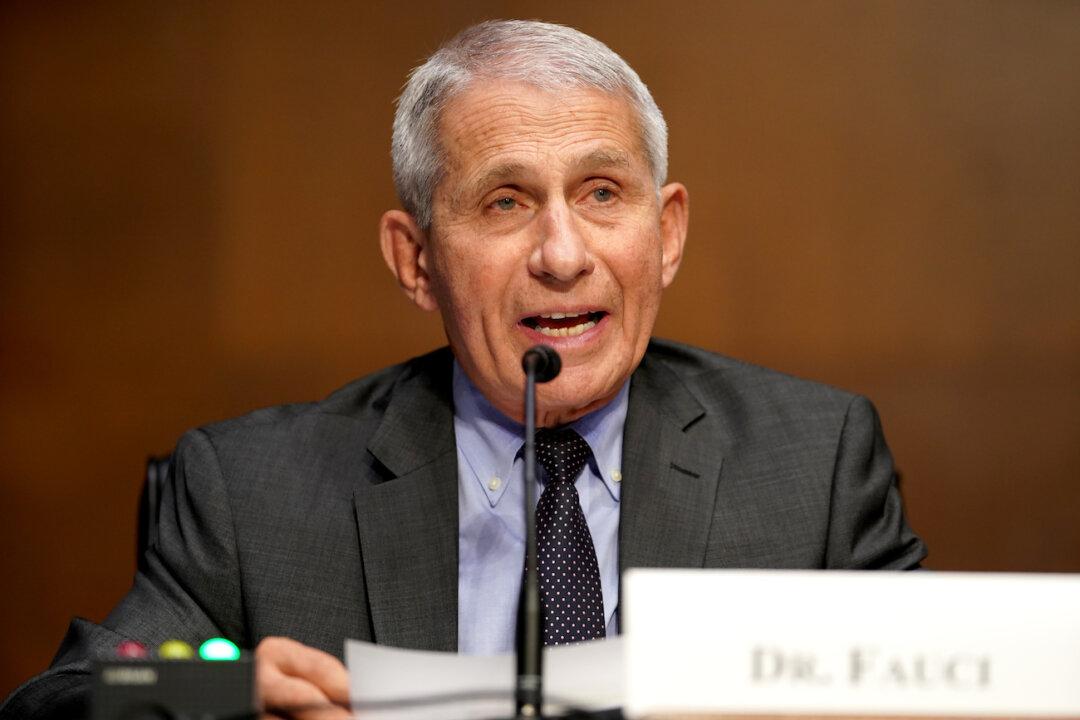White House COVID-19 adviser Anthony Fauci said U.S. scientists and other researchers are studying whether a newly discovered CCP virus variant can evade common vaccines, although he stressed that it’s not clear whether the new strain is currently spreading in the United States.
On Friday, European countries signaled they would close off travel to certain southern African nations, including South Africa, due to the emergence of the variant.





